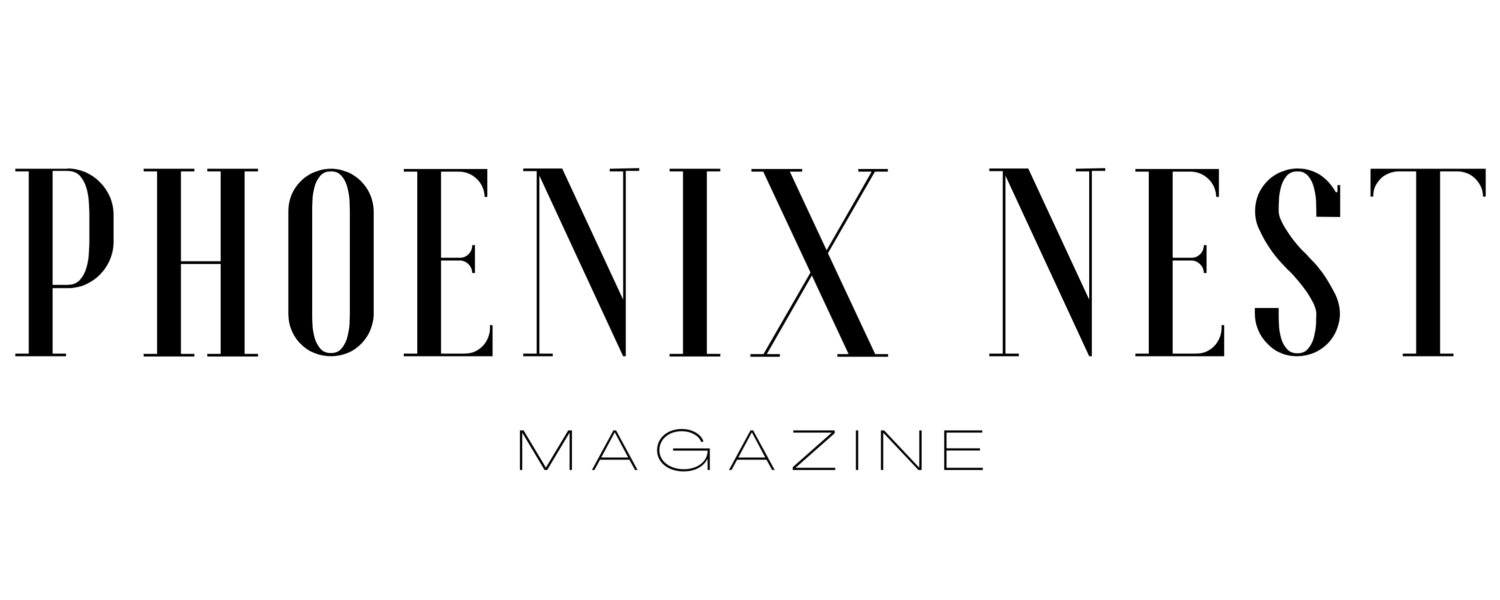Sometimes we’re taught that asking for extra care or emotional support is a sign of being “high maintenance.” But when we take a step back, we realize that our need for care is no flaw—it’s a natural part of our shared humanity.
Accepting Our Innate Desire for Care
For many of us, embracing our needs has been a long journey. Early on, the belief that vulnerability was a weakness made it hard to ask for help. However, over time, I’ve come to see that our desire for care isn’t a sign of fragility; it’s a powerful declaration that we are human. Each time we allow ourselves to be cared for, we reinforce the truth that we deserve empathy and understanding.

Transforming Vulnerability into Connection
When we reframe our need for care as a call for deeper connection, something extraordinary happens. Opening up can transform moments of vulnerability into bridges for trust. It shifts our perspective from seeing care as an extra luxury to recognizing it as an essential part of cultivating intimate, resilient relationships. By welcoming our true selves—including our needs—we create space for honesty and mutual support.
Adding moments of care into our daily lives doesn’t just benefit personal relationships; it also enriches our broader community. When we allow ourselves to be vulnerable, we invite others to share their own struggles, fostering a network where empathy and understanding become the norm. In a world that sometimes champions stoicism above all, the courage to ask for care becomes revolutionary.

Cultivating Authentic Relationships
The transformation begins with honoring our needs rather than hiding them. When we accept that asking for care is perfectly natural, we set the stage for more authentic interactions. Each shared moment of understanding slowly chips away at old stigmas. Our relationships then evolve into something richer and more fulfilling—a testament to the strength that lies in our vulnerability.
Embracing our need for care is both a personal and collective journey. It invites us to reflect on our own boundaries, to celebrate the moments when we’ve been seen, and to wield our vulnerability as a badge of honor. In doing so, we not only validate ourselves but also encourage those around us to open up and share their true stories. The ripple effect of such acceptance can lead to more compassionate communities and a culture where caring is seen as a strength rather than a weakness.

In the end, breaking the myth of the “high maintenance friend” doesn’t just liberate us—it transforms the way we relate to one another. It’s a reminder that every act of seeking or offering care is a celebration of our authentic, complex selves. This shift in thinking inspires an environment where kindness and connection are both nurtured and celebrated.

